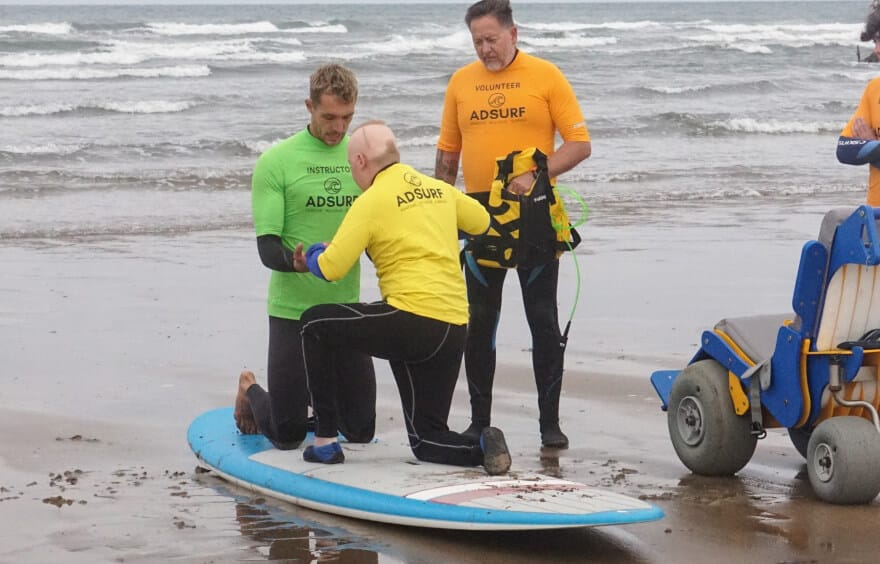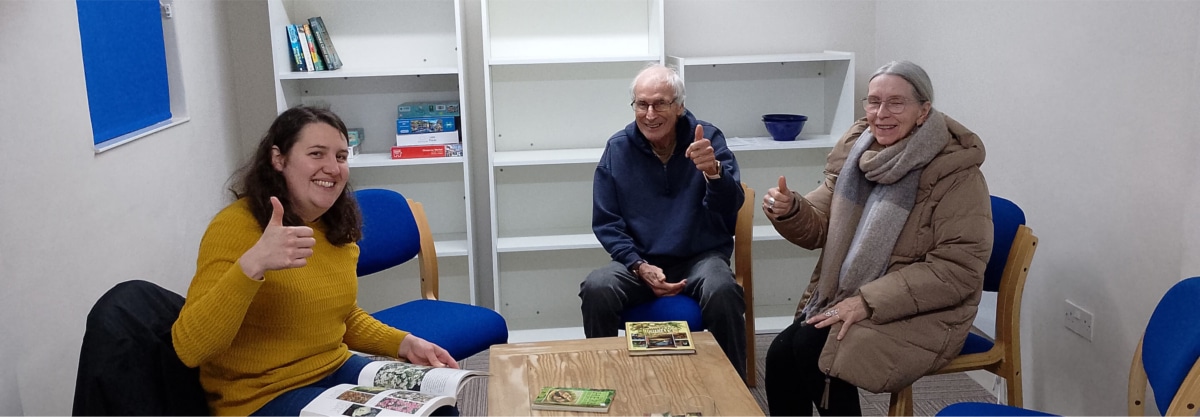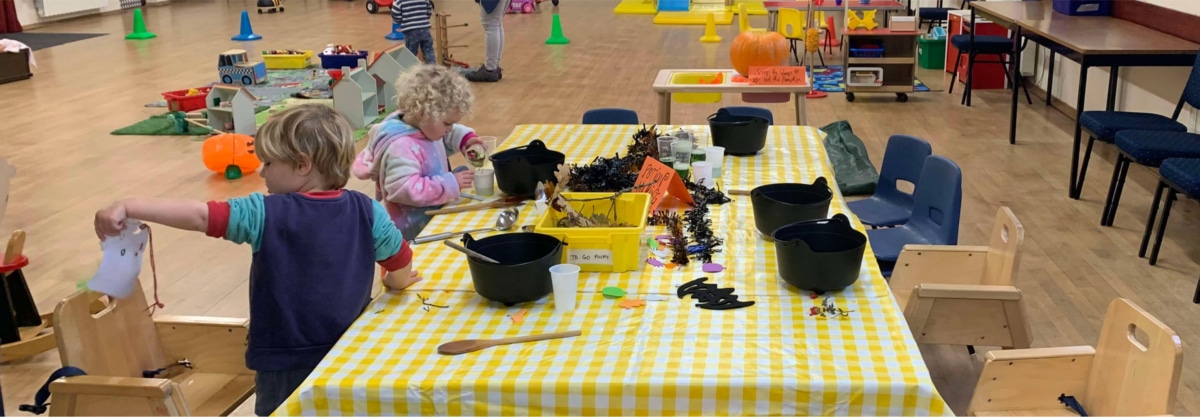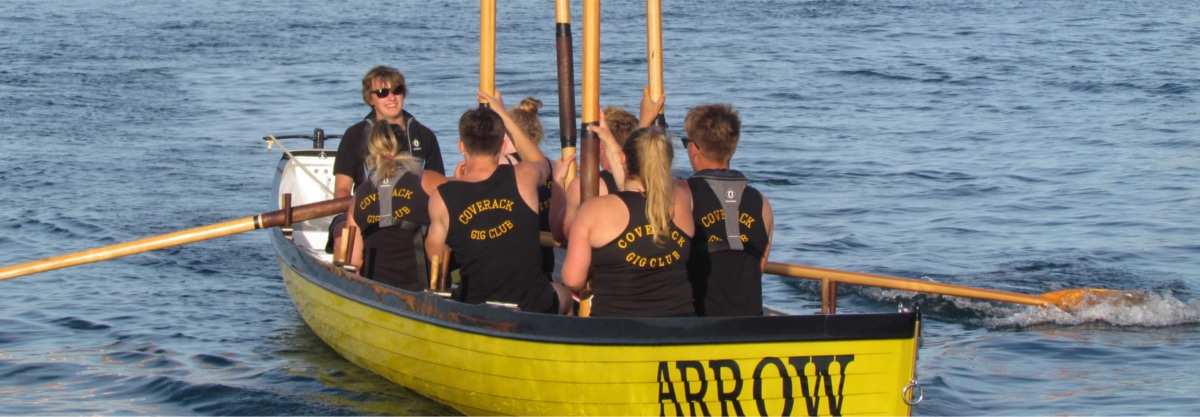Dyslexia Cornwall receives £1,000 grant to deliver advice helpline and services

Dyslexia Cornwall, the dyslexia support charity based in Truro received £1,000 from the Cornwall Glass FundA sum of money made available for grant making, often with specific criteria/conditions. in 2020. The grant was used towards providing core and operational costs to deliver the volunteer advice services including a telephone helpline and community-based outreach sessions.
The funding from Cornwall Glass helped to train six new volunteer advisors including one helpline volunteer to join the telephone helpline team, an administration volunteer, two general volunteers to help across all service departments and two new trustees. Dyslexia Cornwall were able to provide their telephone helpline over 39 weeks and hosted four outreach advice sessions when Covid 19 lockdowns allowed.
From this grant, Dyslexia Cornwall directly supported 224 individuals and 122 families living with dyslexia or learning disabilities. Through the advice services and support awareness of dyslexia and neurodiversity was raised, individuals and families felt empowered to request support, relationships between families and statutory services including Cornwall Council’s Cognition and Learning improved and the mental well-being of members improved greatly as well as reducing the social exclusion that some felt before engaging with the support services from Dyslexia Cornwall.
Beneficiary Statement:
Female (aged 55) contacted the helpline as she was out of work and going through workplace tribunal regarding mistreatment and bullying due to her dyslexia. The female required a diagnostic assessment for the tribunal and was signposted to Cornwall Neighbourhoods for Change who enrolled her onto their programme and funded a full diagnostic assessment. The assessment highlighted that the client had dyspraxia. Due to Dyslexia Cornwall’s intervention, the individual was able to confidently engage with the tribunal process due to having strong evidence of her learning difficulties. The assessment was a critical piece of evidence. Feedback from the client stated "It's incredible to reach 55 years of age and have a light switched on in my unruly brain. Identifying issues with executive functioning being the biggest eureka. I can’t tell you how much the assessment has benefitted me.”




